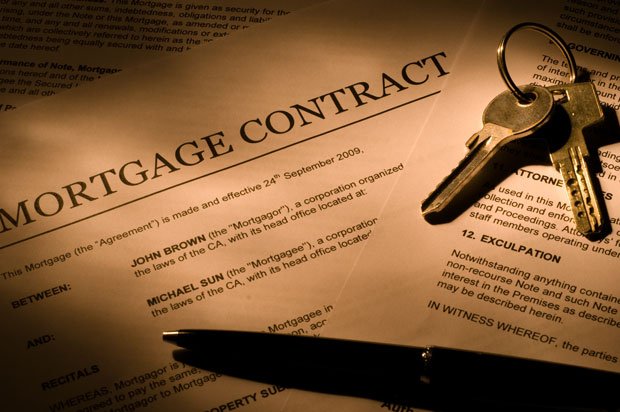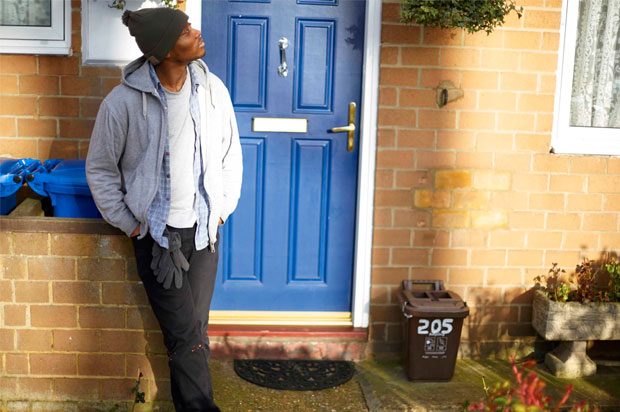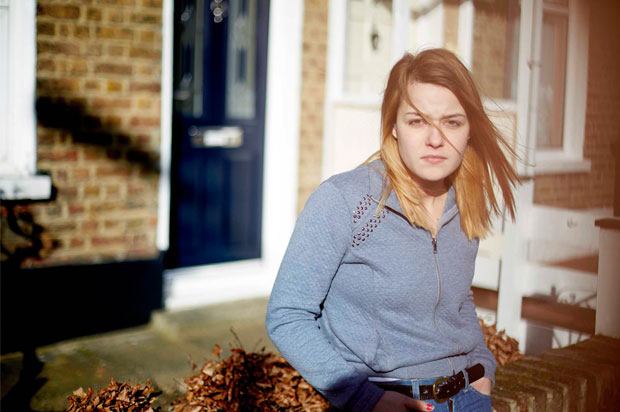Hidden costs of buying a house

"Mwhahaha," said the estate agent....probably
Hoping to own your own place one day? The hidden costs of buying a house can stack up pretty quickly. From solicitor’s fees to mortgage brokers and home insurance, Get your head around the extra costs to expect to help you plan ahead and avoid nasty surprises.
Top 10 extra costs when buying a house or flat
Here’s a breakdown of the top 10 extra costs you can expect when buying a home. In most cases, for example, when dealing with a broker, bank or solicitor, you’re paying for a service, so never be afraid to ask for a full breakdown of all costs before you commit to anything.
-
- Solicitor’s fee: Number one among the extra costs to expect when buying your own place is your solicitor’s fee. You’ll need to pay a solicitor to handle the legal side of things, which includes checking title deeds, notifying the Land Registry, carrying out a local search to find out more about the property, and drawing up contracts. You can agree to a fixed price upfront, though be prepared for this to change if the solicitor encounters some unforeseen complexities. They also often charge extra if you’re buying a leasehold flat instead of a house. Costs can range from around £1500-2500+.
- Surveys: Like most things, with surveys, you basically get what you pay for. All mortgage lenders will require a valuation survey to make sure the property is worth the money. This will set you back around £150-250, but it’s basic and won’t highlight any potential hidden nasties that may lurk behind that shiny new front door. Sometimes the cost of the basic survey is covered by the bank if you’re a first-time buyer and you go on to complete the purchase. However, if you want to know if there’s anything more sinister you’ll need to pay for either a:
Home condition survey: This checks out the overall condition of the property and highlights any potential problems you should investigate. It’s the cheapest independent survey and costs between £100 and £300.
A Homebuyer’s report: This is a more detailed survey and will check for anything that may affect the value of the property along with recommendations for repairs or maintenance, which is good for haggling if, say, the roof needs major repair work. It can be carried out at the same time as the valuation survey and costs from £300-600.
Full Structural survey (building survey): This is useful if you want to know whether the place is likely to fall down any time soon. But at prices starting around £800, it’s more of a necessity for older (and much grander) properties.
New-build snagging survey: Picking up on any mistakes, such as plumbing the hot and cold taps the wrong way round or peeling paintwork, it’s useful if you want things sorted by the developer before you move in. This will set you back around £300, so it’s better to check the hot and cold taps yourself. Make sure you pull them up on everything because it can be very difficult to get new-build housing companies to sort this stuff out later. They’ll do everything they can to avoid responsibility.
- Deposit costs: If you can only manage to put down the minimum 5% deposit this puts you into a ‘higher risk’ borrowing category in the eyes of the lender, so they sometimes add on a ‘higher lending charge’ or put you on a higher interest rate to safeguard themselves against you defaulting on any payments. This can add up to thousands of pounds. However, not all lenders do the higher lending charge, so shop around and ask questions. Learn more about the types of mortgages and how mortgages work.
- Arrangement fee: A mortgage arrangement fee may also be charged – although a handful of variable rate mortgages, such as lifetime trackers, may be fee-free. An arrangement fee will usually be in the region of £1000 and can be added onto the mortgage. This one is also sometimes waived for first-time buyers, so it’s worth shopping around.
- Land registry fee: The land registry fee literally pays for changing the name on the ownership of the land. Expect to pay from £40 to £270 depending on what the property’s worth.
- Buildings insurance: This offers protection against fire, floods, storms and anything else that might wreck your home. It must be in place by the time you exchange contracts. It can be expensive if you buy it from your mortgage provider, so it’s best to shop around.
- Contents insurance: Contents insurance offers cover for everything inside your home. It’s not compulsory, but worth it if you have a house full of gadgets. Costs vary according to area, security and what you’re insuring. Changing or upgrading your lock or alarm system can bring this cost down a bit.
- Stamp duty land tax (SDLT): This is a government tax on properties that cost over £250,000. If the property costs over £250,000 you’ll need to pay an additional 5% of the purchase price as stamp duty for the portion of the home that costs between £250,001 and £925,000. So for example, if your home costs £350 000, you would pay 5% stamp duty on £99,999.When spending over £925,000 the rate goes up to 10% for the proportion that’s over that threshold. Fairly unlikely you’d be spending this much on your first home, but good to know.
Avoiding stamp duty
Stamp duty is a real problem for people as it’s one of the highest hidden costs when buying a home. Everyone hopes to figure out a way of avoiding stamp duty, but unfortunately, there are not many legit ways to do it.
However, first-time buyers are exempt from paying stamp duty on properties costing up to £425,000. You then pay 5% on the portion costing from £425,001 to £625,000. So if you’re spending £450,000, you would pay 5% on £25,000. To qualify for this saving you and anyone else you’re buying with needs to have never owned a home anywhere in the world. If you used to own a home and later sold it, or inherited a home anywhere you won’t get the exemption. If the property costs over £625,000 you pay the full rate with no discount.
- Mortgage Payment Protection Insurance (MPPI): MPPI covers mortgage repayments should you fall ill or lose your job — but usually only pays out for a period of 12 months and sometimes doesn’t kick in until after a ‘deferment period’. A cheaper alternative is to save up a contingency fund for unforeseen eventualities yourself.
- Independent mortgage broker fees: To help you find a mortgage you’re most likely to be approved for you might like to use an independent mortgage broker. They can also help you find the best deal. They tend to make most of their money from the bank’s side, but can charge you £100-400 for their services too.
A note on hidden estate agents’ fees
In places like London where the property market is overheating, you could get stung for an introductory fee from your charming estate agent. If your bid is accepted and the sale goes through, this can be around £2000 or a percentage of the price of the house. Ouch. Not all estate agents charge this though, especially with the arrival of modern, online estate agents like Purple Bricks and Strike.
If it’s not the right time for you
There are quite a few hidden costs when buying a new home, it’s certainly not cheap. Don’t be put off if it all seems a bit much though, with the increasing availability of 5% mortgages you might have more options than you think. Plus, if it turns out that you can’t afford it at the moment that’s fine too – renting or living at home comes with plenty of advantages; you don’t have to pay to replace your appliances or look after the building and can move to a new place with much lower costs thanks to recent changes to UK estate agent fees.
Take a look at our article on easy ways to save money and how to make a budget to help you start saving towards buying your own place.
Next Steps
- Chat about this subject on our Discussion Boards.
By
Updated on 29-Sep-2015
No featured article










